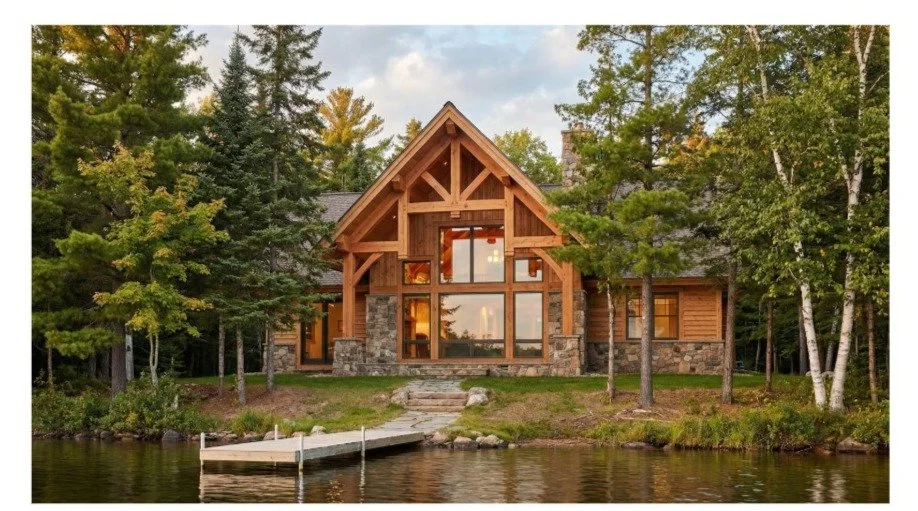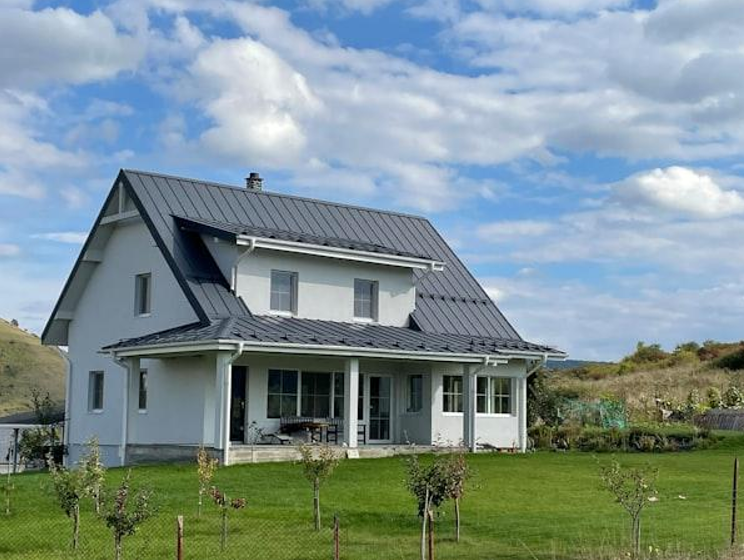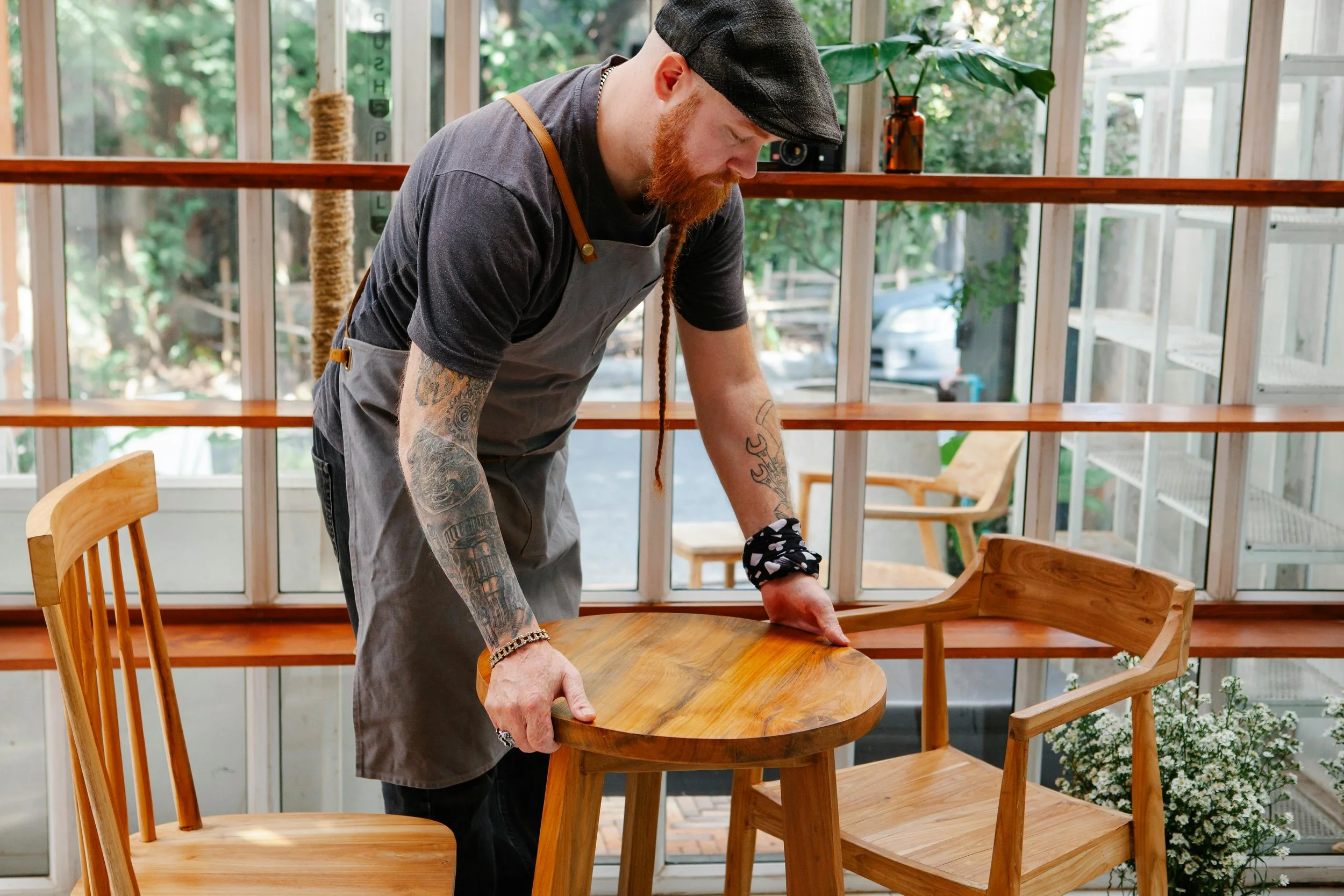Buying Your First Home? Let’s Talk About What No One Tells You
Buying your first home can feel like stepping into a beautiful dream… until it suddenly feels like a rollercoaster you weren’t tall enough to ride.
Between excitement, confusion, paperwork, and Pinterest-fueled visions of farmhouse sinks, there’s a lot that no one talks about. Sure, you’ll hear about mortgage rates and down payments, but what about the random fees, the emotional yo-yo, and the things that hit you after you’ve already moved in?
Let’s pull back the curtain and talk about the real, real stuff you should know before signing that dotted line.
Your Budget Isn’t Just What You’re Approved For
Just because the bank says you can borrow $400,000 doesn’t mean you should.
One of the biggest rookie mistakes is shopping based on your pre-approval amount. That figure doesn’t account for your lifestyle, emergency savings, or what life throws at you after moving in. Will you still be able to travel? Order takeout guilt-free? Handle a surprise vet bill?
Be honest with yourself. Set a budget that fits your actual life, not the fantasy version.
The Emotional Whiplash is Real
You might fall in love with a house, lose it, and then hate everything you see for the next two weeks. Normal.
Buying your first home isn’t just a transaction, it’s a deeply emotional experience. You’re picturing birthdays in that kitchen, holiday dinners, first steps on those hardwood floors. So when an offer falls through or you get outbid, it hurts. No one tells you that you might cry over a house you only saw for 20 minutes.
Give yourself some grace. It’s okay to feel everything at once.
Inspections: More Than a Checkbox
Home inspections are often treated like a routine step, but they’re gold mines for understanding what you’re buying.
Don’t just skim the report. Ask questions. Look at the age of the roof, HVAC system, and water heater. These aren’t glamorous details, but they’ll impact your wallet faster than a fancy backsplash.
Also, go to the inspection if you can. Seeing things in person and talking to the inspector helps things click way more than reading about them in an email.
You’ll Spend Money Before You Even Get the Keys
Earnest money, inspections, appraisals… welcome to the pre-closing spending club.
A lot of buyers are caught off guard by the money they need before they own the house. Depending on your market, you might spend a few hundred to a couple thousand dollars just to get through these stages.
Budget for this. It’s not fun, but it’s part of the process.
Closing Costs Are a Whole Thing
You’ve saved for your down payment but did anyone mention the 2–5% of your loan amount you’ll owe in closing costs?
These cover lender fees, title insurance, recording fees, and more. Sometimes the seller will agree to help cover them, but don’t count on it. Your lender should give you a Loan Estimate early on read it, understand it, and ask what’s negotiable.
No one wants surprise invoices on closing day.
Your First Mortgage Payment Isn’t Due Immediately
Good news; your first mortgage payment typically isn’t due until the beginning of the second month after you close.
So, if you close in May, your first full mortgage payment won’t be due until July 1. This little window can be a great financial breather. But don’t blow it use that time to replenish your savings or tackle moving expenses.
Moving Costs More Than You Think
Boxes, movers, storage, pizza for your friends who volunteered, it adds up fast.
Even if you plan a DIY move, things go over budget. You’ll probably end up needing more supplies than you thought. And once you’re in, expect to hit up Target, Home Depot, and Amazon way more than your wallet prefers.
Try to set aside a few hundred (or more) just for new house stuff you didn’t realize you’d need.
Post-Move Expenses Can Catch You Off Guard
This is the stuff no one talks about: curtain rods, trash cans, lightbulbs, outlet covers, door mats.
It’s not until you’re unpacking that you realize the last owners took the shower curtain, and now you're standing there wet, cold, and angry. Or you turn on a light and discover half the bulbs are dead.
Little things add up. Try not to blow all your cash on decor immediately; you’ll need a buffer for boring necessities, too.
Neighborhood Vibe > Instagram Worthy
You may love a house, but if the neighborhood isn’t right, it can make a big difference in your day-to-day happiness.
Visit the area during different times of the day. Check noise levels, traffic, street parking, and even how people maintain their yards. Is it a stroller-friendly sidewalk neighborhood or a late-night party zone?
Also, talk to potential neighbors if you can. They'll give you the unfiltered scoop faster than any online review.
Your Agent Matters More Than You Think
Not all real estate agents are created equal. A great one can save you from major headaches, missed red flags, and wasted time.
Look for someone who listens to your needs, educates you without condescending, and helps you stay grounded when emotions run high. If you're buying in Ohio, connecting with a knowledgeable Cleveland Real Estate Agent can make all the difference in navigating local trends and hidden gems.
The right agent isn’t just a door opener; they’re your strategist, your negotiator, and sometimes your therapist.
It’s Okay If You Don’t Love Everything Right Away
Pinterest and HGTV set a high bar. But your first home might have popcorn ceilings, beige walls, or a weird pantry and that’s okay.
You don’t need to transform it overnight. Living in your home before rushing into big changes helps you make better decisions anyway. Take your time. Build slowly. Give yourself permission to grow into your space.
After all, the best part of buying a home isn’t perfection, it’s a possibility.
What They Don’t Tell You Is What Matters Most
Buying your first home is a wild ride equal parts thrilling, stressful, and transformative. There will be surprises, lessons, and yes, even a few tears. But knowing what to expect (even the unspoken stuff) helps you go in with your eyes wide open.
And that? That’s the real power in the process.







